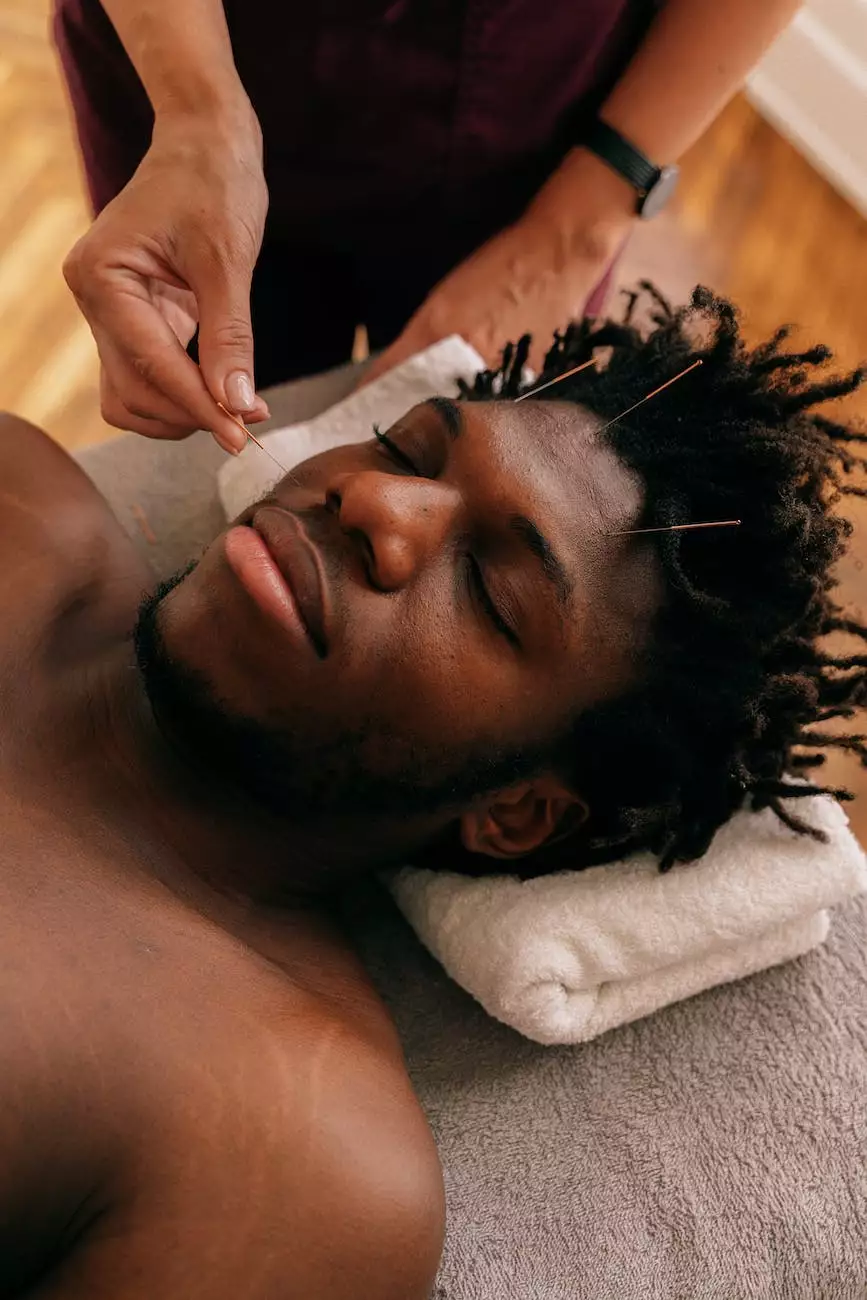How Menopause Affects Hair Loss

Welcome to "Smith, Arthur F, MD," your trusted resource in the field of menopause and hair loss. In this comprehensive guide, we will explore the intricate relationship between menopause and hair loss, providing you with valuable information and expert advice to help you understand and manage this condition.
The Connection Between Menopause and Hair Loss
Menopause, a natural stage in a woman's life, marks the end of menstrual cycles and reproductive years. Alongside the various physical and hormonal changes it brings, menopause may also trigger hair loss in some women. Understanding the underlying mechanisms behind this phenomenon is essential in addressing and managing hair loss effectively.
Hormonal Imbalances and Hair Loss
During menopause, the body experiences a significant decline in estrogen and progesterone levels. These hormonal changes can disrupt the hair growth cycle and lead to increased shedding, thinning, and even bald patches in some cases. The imbalance between androgen and estrogen hormones can affect the hair follicles' sensitivity, leading to hair loss.
Effects of Aging on Hair
In addition to hormonal imbalances, aging also contributes to hair loss during menopause. As women age, the hair follicles undergo natural thinning and decrease in size. This, combined with hormonal changes, can exacerbate hair loss and affect the overall hair density and quality.
Managing Hair Loss during Menopause
While menopausal hair loss can be distressing for many women, there are various strategies and treatments available to manage and mitigate its effects. Seeking professional advice from specialists like Dr. Arthur F. Smith is crucial in determining the most suitable approach for your individual situation.
Healthy Lifestyle Habits
Adopting a healthy lifestyle can significantly impact hair health during menopause. Incorporate a well-balanced diet rich in essential nutrients like vitamins, minerals, and proteins to support hair growth. Regular exercise and stress management techniques, such as meditation or yoga, can also contribute to overall well-being, including hair health.
Topical Treatments and Medications
Topical treatments and medications may help slow down hair loss and promote regrowth. Minoxidil, an FDA-approved topical solution, can be applied directly to the scalp to stimulate hair follicles. Prescription medications like finasteride and low-level laser therapy are other options that may be recommended based on individual needs.
Hormone Replacement Therapy (HRT)
Hormone replacement therapy, or HRT, involves supplementing the body with estrogen and sometimes progesterone to balance hormone levels during menopause. As hormones play a significant role in hair loss, HRT may help manage and reduce its effects. However, it is essential to consult with a healthcare professional before considering this treatment option, as it may have potential risks and side effects.
Platelet-Rich Plasma (PRP) Therapy
Platelet-rich plasma therapy is an innovative treatment that involves injecting concentrated platelets from your own blood into the scalp. This therapy is believed to promote hair growth by stimulating dormant hair follicles, strengthening existing ones, and improving overall scalp health. Consult with a medical professional to determine if PRP therapy is suitable for you.
Seeking Professional Guidance
When dealing with menopausal hair loss, it is crucial to consult with a qualified healthcare professional or specialist like Dr. Arthur F. Smith. By conducting a thorough assessment of your individual circumstances, a medical expert can provide personalized advice and recommend appropriate treatments tailored to your needs.
At "Smith, Arthur F, MD," we specialize in providing comprehensive care and support for women experiencing menopause-related hair loss. Our team of experts is dedicated to helping you navigate this challenging phase of life and restore your confidence. Contact us today to schedule a consultation and take the first step towards healthier, fuller hair.




